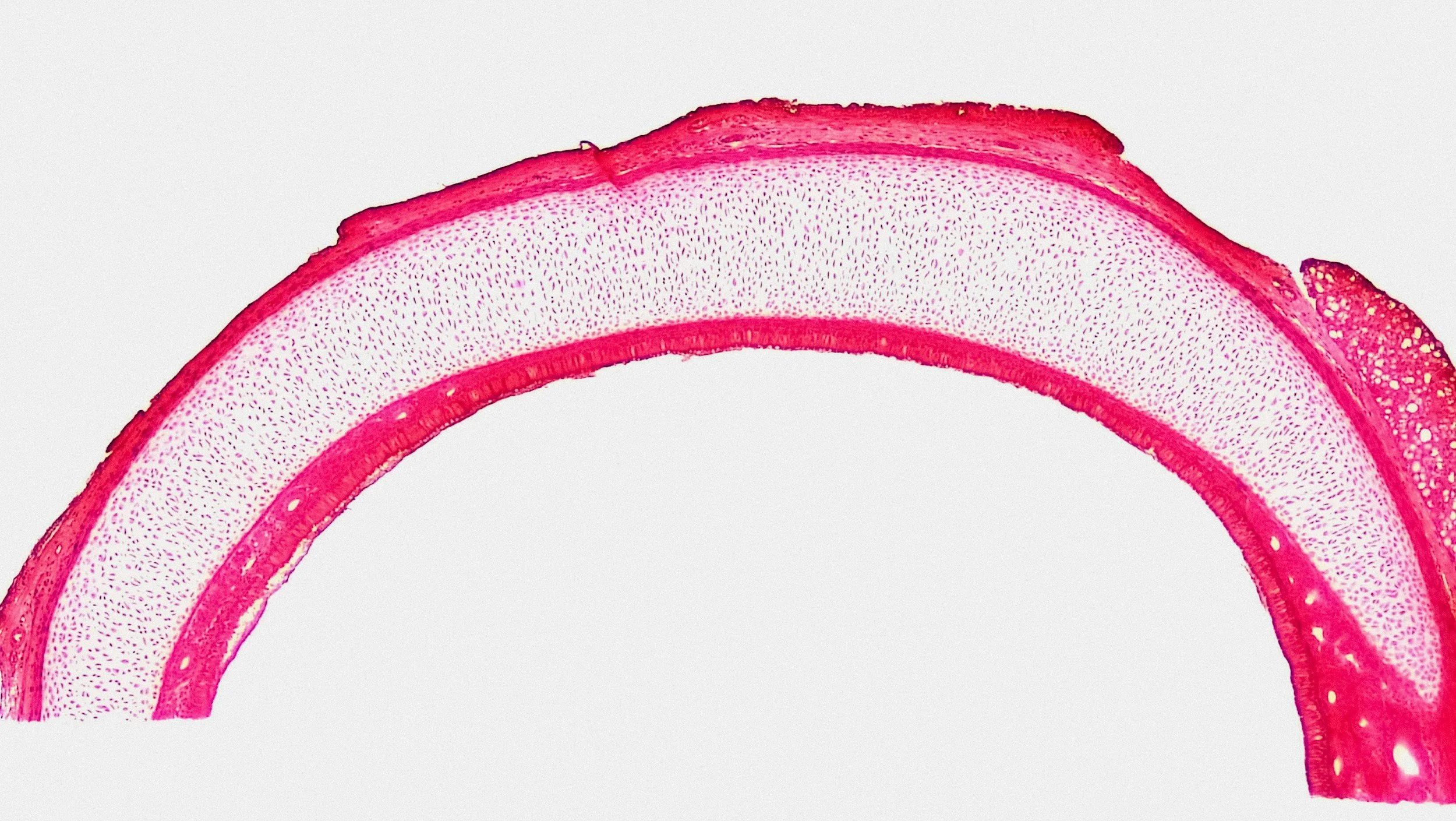
PHYSICAL WELLNESS
the skeleton’s strengtheners
MINERAL DEPOSITS
Mineral deposits in bones are like the concrete in a building — they give bones rigidity, strength, and durability. Calcium and phosphorus are the main minerals stored in your bones, keeping them hard enough to support your body and protect internal organs.
Provide hardness and structural support to bones
Store essential minerals like calcium and phosphorus for the body
Help maintain bone density and prevent fractures
Serve as a mineral reservoir to keep blood levels balanced
Support overall skeletal integrity and long-term health
MINERAL DEPOSIT BASICS
Common Terms + Simple Definitions
Here’s a mini glossary for mineral deposit related words you’ll see throughout the site:
Calcium - Mineral that gives bones hardness and supports nerve and muscle function
Phosphorus - Mineral that works with calcium to strengthen bones
Osteoblasts - Cells that deposit minerals and build new bone
Osteoclasts - Cells that remove minerals from bone for remodeling or balance
Bone Density - Measure of how strong and mineral-rich a bone is
WHAT MINERAL DEPOSITS WORKS WITH
MINERAL DEPOSITS + OTHER SYSTEMS
Bones → Embed within bone tissue to make them strong and durable
Endocrine System → Hormones (like parathyroid hormone, calcitonin, and vitamin D) regulate mineral storage and release
Circulatory System → Delivers minerals to and from bones as needed for other body functions
Muscular System → Strong bones allow muscles to pull effectively for movement
Digestive System → Absorbs calcium and phosphorus from food for bone storage
HealthY MINERAL DEPOSITS…
Mineral deposits are what make your skeleton strong enough to support your body and protect your organs. Maintaining healthy mineral levels helps prevent fractures, osteoporosis, and ensures your bones can withstand daily wear and tear.
